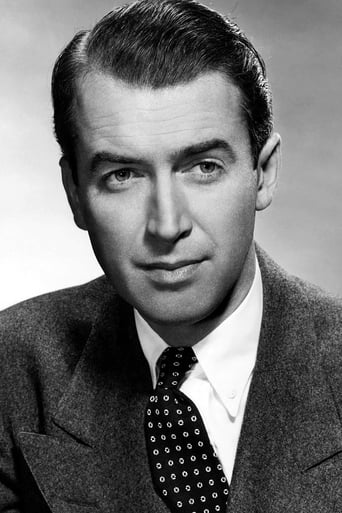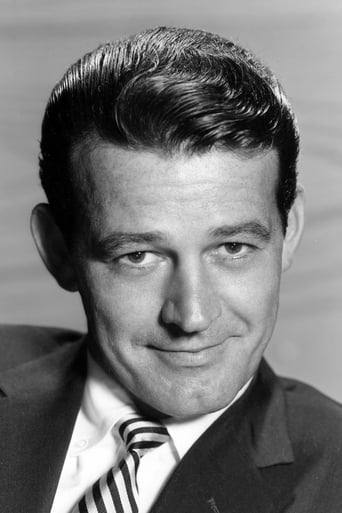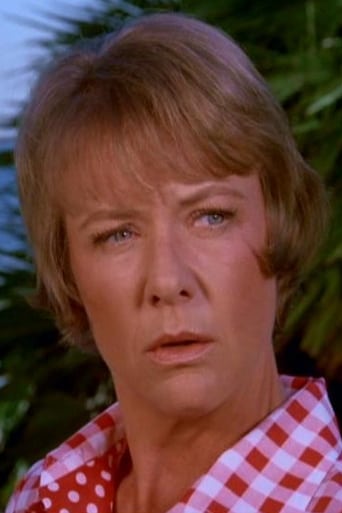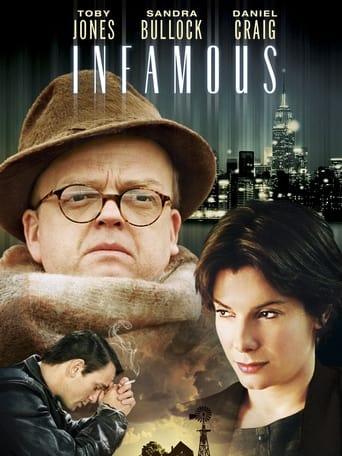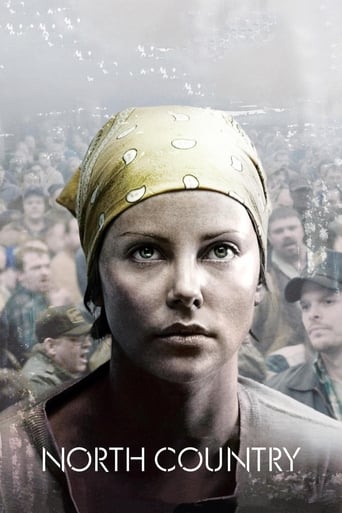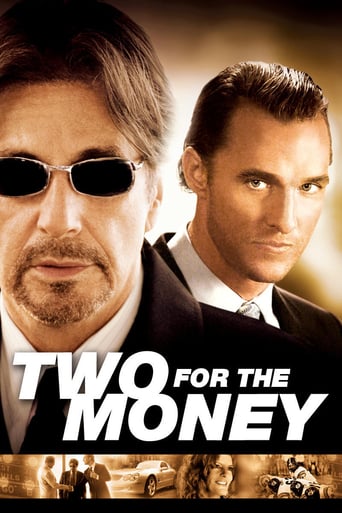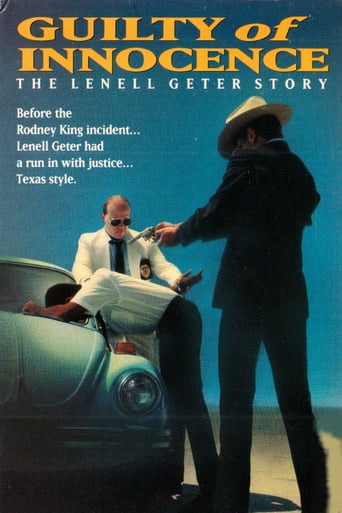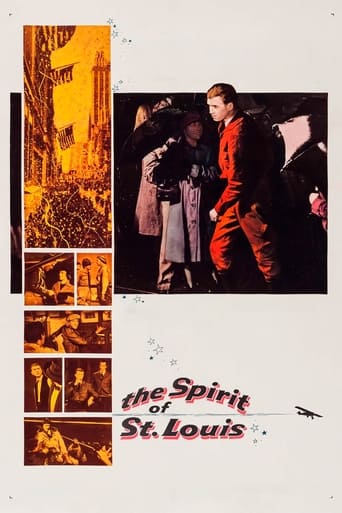
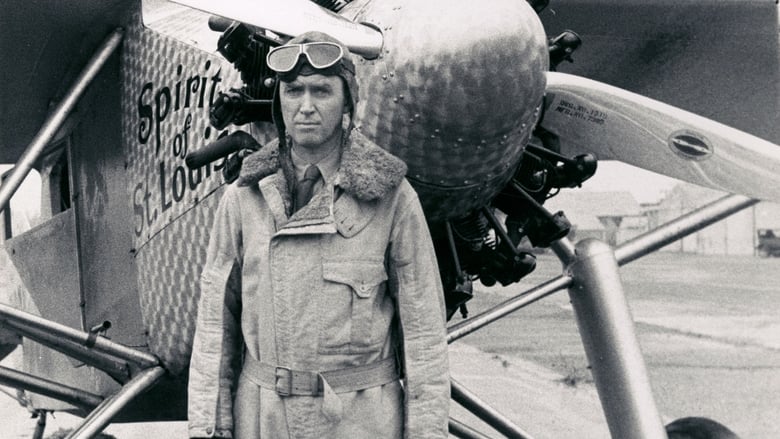
The Spirit of St. Louis (1957)
Charles 'Slim' Lindbergh struggles to finance and design an airplane that will make his New York to Paris flight the first solo trans-Atlantic crossing.
Watch Trailer
Cast
Similar titles
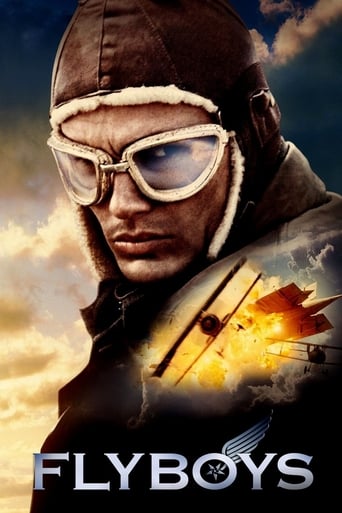
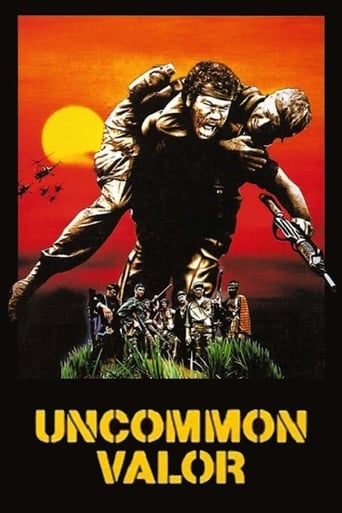
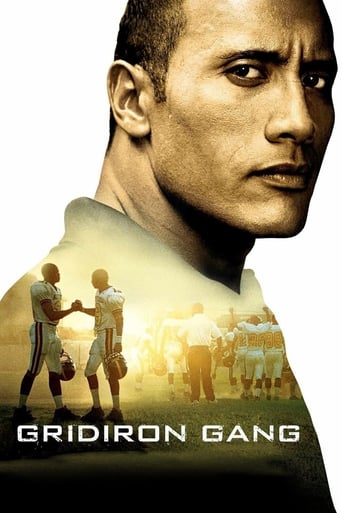
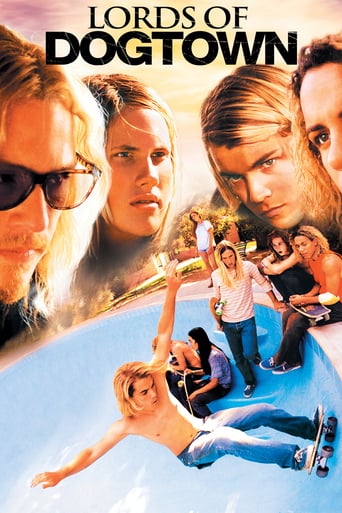

Reviews
A Masterpiece!
what a terribly boring film. I'm sorry but this is absolutely not deserving of best picture and will be forgotten quickly. Entertaining and engaging cinema? No. Nothing performances with flat faces and mistaking silence for subtlety.
This is a small, humorous movie in some ways, but it has a huge heart. What a nice experience.
This is one of the best movies I’ve seen in a very long time. You have to go and see this on the big screen.
After reading some of the negative reviews, here comes one that will hopefully shed light or settle some issues.Yes, Stewart was a bit old for the part, but he was very interested in it, was a famous aviator, and was thus qualified to pull it off (he also was the right height and build, and made this film at the peak of his popularity).Yes, the story was told in a somewhat bland manner. Us aviation geeks enjoyed it the most, but there is much to enjoy and learn from watching this film. The cinematography is very well done, and it's not just "a single camera pointing straight ahead." Many viewers tend to miss the subtleties of what they see, or even forget many of them between watching the film and writing a review.No, Lindbergh was NOT married at the time he crossed the Atlantic, and thus there is no wife to include in the story. People need to check the facts.Yes, Lindbergh was a controversial figure in history over time, specifically, AFTER the flight. This movie had no intention of addressing that aspect of his life, it was not on the agenda, and the complaints about his questionable patriotism are not applicable to the making of this film, and sharing this story and history-making event.Lindbergh made history, and further still, contributed significantly to the advancement of aviation all over the world for many decades to come. That's important, and pertinent to this film.
The classic tale of the salient events up to and during the much celebrated first non-stop flight from the US to mainland Europe, by dark horse contender Charles Lindbergh: the youngest, least experienced, least well financed, and only solo pilot of a small group of contenders from both sides of the Atlantic. As mentioned, several teams had already died or wrecked their planes attempting to win the $25,000. prize for first success. The remaining contenders were: the favored Columbia team, the Richard Byrd team, and 'unlikely Lindy'. In May '27, the Bird tri-engine America was still being repaired from a crash during a test flight. The single engine Columbia had recently set a new non-stop endurance record of 55 hours: long enough to make it to Paris and beyond under reasonably favorable weather conditions(not brought out in the film). Two pilots were planned to soon fly it to Paris. As dramatized, Lindbergh had tried to buy this plane some months before, as everyone agreed it had the best chance for a single engine plane, which Lindbergh insisted on. But, the owner wanted to try to win the honor for himself, so Lindbergh had to look for a company willing to make a smaller, cheaper, version, and eventually found such.What wasn't brought out in the film is that all 3 of these planes had a recently improved radial engine: the Wright J-5, and all 3 would make a successful flight from near NYC to France or Germany within a few weeks of each other! Thus, the real 'hero' of this incremental aviation milestone should be recognized as the developers of the J-5 engine! The fact that Lindbergh happened to accomplish this feat a few weeks before the others was a quirk of fate: hence 'Lucky Lindy'. The Columbia was quite ready to challenge Lindbergh, but squabbling between the pilots and owner about how to divide up the monetary reward should they win led to the cancellation of their planned simultaneous take off with Lindbergh! This drama could have been included in the film in place of some of the section detailing the construction of Lindbergh's plane, the episode flying with the priest and some of the filler portions of the flight. Also, the ending could have generously included a shot of newspaper headlines of Chamberlin's subsequent solo pilot flight of the Columbia to Germany, with passenger, and Byrd's subsequent flight to France, demonstrating that a tri-engine plane, with a 4 man crew, using the same engine, could make the flight. These forgotten flights demonstrated that Lindbergh's highly modified, bare bones plane and single occupant was not necessary to accomplish his feat, thus providing further hope that transatlantic flights carrying cargo and passengers would be forthcoming. But, as Byrd correctly predicted, it would be many years before technological and other advances would allow regularly scheduled transatlantic passenger flights in planes(as opposed to Zeppelins). In fact, regular land to land US-Europe flight schedules didn't begin until the conclusion of WW II! Although briefly lionized almost as much as Lindberg, both in Germany and the US, neither of the two occupants of The Columbia proved to have an ounce of Lindberg's perceived charisma, hence were soon forgotten by the media and public. Chamberlin would soon pilot the first successful takeoff from a ship, even without the aid of a catapult. This film didn't do very well at the box office, but has subsequently been elevated as a classic. Perhaps the salient features of the story were still too well known by the public. Perhaps the film was too long and had some rather boring segments. Perhaps many Americans were offended by Lindbergh's subsequent close association with Nazi-Germany and anti-Jewish sentiments. Perhaps many thought that Jimmy Stewart, at nearly twice Lindbergh's age, was too old to convincingly portray his youthful enthusiasm. Lindbergh preferred Anthony Perkins for the role. I thought Stewart was fine. I have already made some suggestions on how the film's interest could have been improved, primarily by toning down the hero worship, cutting out the least interesting or relevant segments, and substituting some scenes devoted to his worthy competitors.The hazards of Lindbergh's brief career as an air mail pilot, just prior to his quest for this fame is dramatized in the first portion. Several episodes of his prior experiences as a serious or stunt pilot are dramatized later as flashbacks during his epic flight. This was an excellent idea, with some comedic elements added. Although not much emphasized, Lindbergh credited his training as an army corp pilot as being the most important experience in preparing him for his epic flight. In the film, his experience as a mail pilot in bad weather is portrayed as being most important.The film dramatizes some of Lindbergh's key problems getting aloft and during the flight: the muddy take off strip after days of rain, just clearing the telephone wires and trees, icing of his wings and carburetor, periodic nearly falling asleep, and balancing the depletion of his 5 gas tanks. It fails to mention the importance of his periodic reductions in engine RPM setting with the gradual depletion of his fuel, thus extending his range. Also, since his plane didn't have a variable propeller pitch pilot control, it was critical to set the pitch just low enough to get airborne with his weight, but high enough to allow reasonably efficient utilization of fuel during cruising.
Charles "Slim" Lindbergh (James Stewart) struggles to finance and design an airplane that will make his New York to Paris flight the first solo transatlantic crossing.Much has been made of James Stewart being miscast for the role of Charles Lindbergh. Indeed, his hair looks funny, he does not generally look like Lindbergh, and there was a 22 year age gap that simply is not able to cover up. And I, too, have my reservations about this casting. But I think in retrospect (fifty years later), it played out well, as James Stewart is iconic and brings something to the film other actors (such as Anthony Perkins) probably would not for modern audiences.And the real beauty is that today people know that Lindbergh crossed the Atlantic (if they know him at all), but they know little else about the man or the journey. Looking past the casting issues, the film is great for making the story accessible to audiences that have little interest in reading or history. (Which is unfortunate, but in many cases true.)
It's utterly amazing to me that Hollywood made an upbeat treatment of the life of Charles Lindbergh, beating the drums for a great man. Yes, his accomplishment of being the first to fly solo across the Atlantic Ocean was sensational, and the later tragic kidnapping and murder of his children elicited tremendous sympathy for him. But during the years leading up to World War II Lindbergh threw away all the goodwill he had built up in his life as he toured America giving Nazi-like speeches, extolling the superiority of the "Nordic" (Aryan) white race and the need for better 'breeding' of humans (eugenics) and making excuses for Hitler's broken promises and early conquests in Europe. A few examples give the flavour of his way of thinking."We can have peace and security only so long as we band together to preserve that most priceless possession, our inheritance of European blood, only so long as we guard ourselves against attack by foreign armies and dilution by foreign races." "We must limit to a reasonable amount the Jewish influence...Whenever the Jewish percentage of total population becomes too high, a reaction seems to invariably occur." For him the survival of the white race was more important than the survival of democracy in Europe: "Our bond with Europe is one of race and not of political ideology." He considered Russia to be a "semi-Asiatic" country compared to Germany, and he found Communism to be an ideology that would destroy the West's "racial strength" and replace everyone of European descent with "a pressing sea of Yellow, Black, and Brown."Wikipedia has lots more evidence of Lindbergh's repugnant views.Why did Hollywood in 1957, long after his ugly side was fully revealed, choose to paint this poor example of a man as a national hero? Sticking with the truth, that is, the whole truth, they could have made a great movie portraying a man of wonderful daring and accomplishment yet with profound moral flaws, a public hero with a streak of sinister, racist, totalitarian evil.Good-hearted, homespun, unambiguously good-guy James Stewart is exactly the wrong actor to portray Charles Lindbergh.
